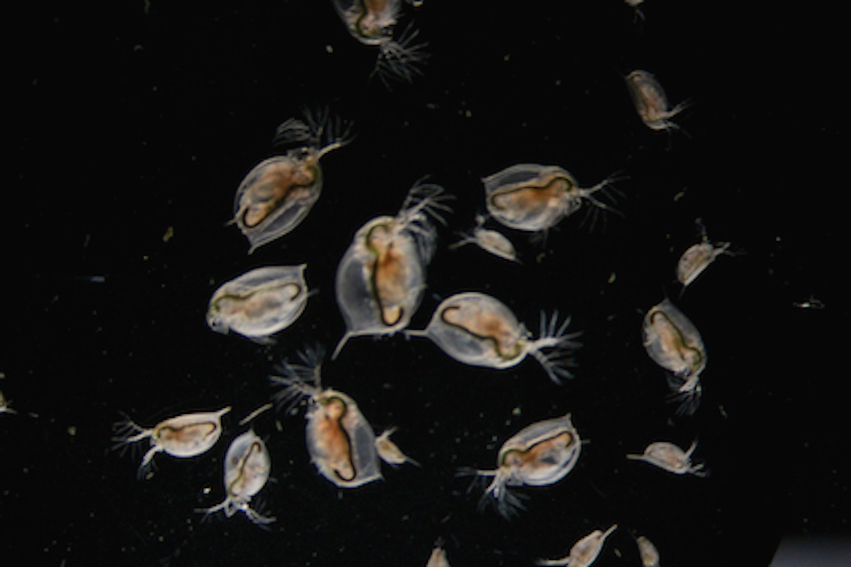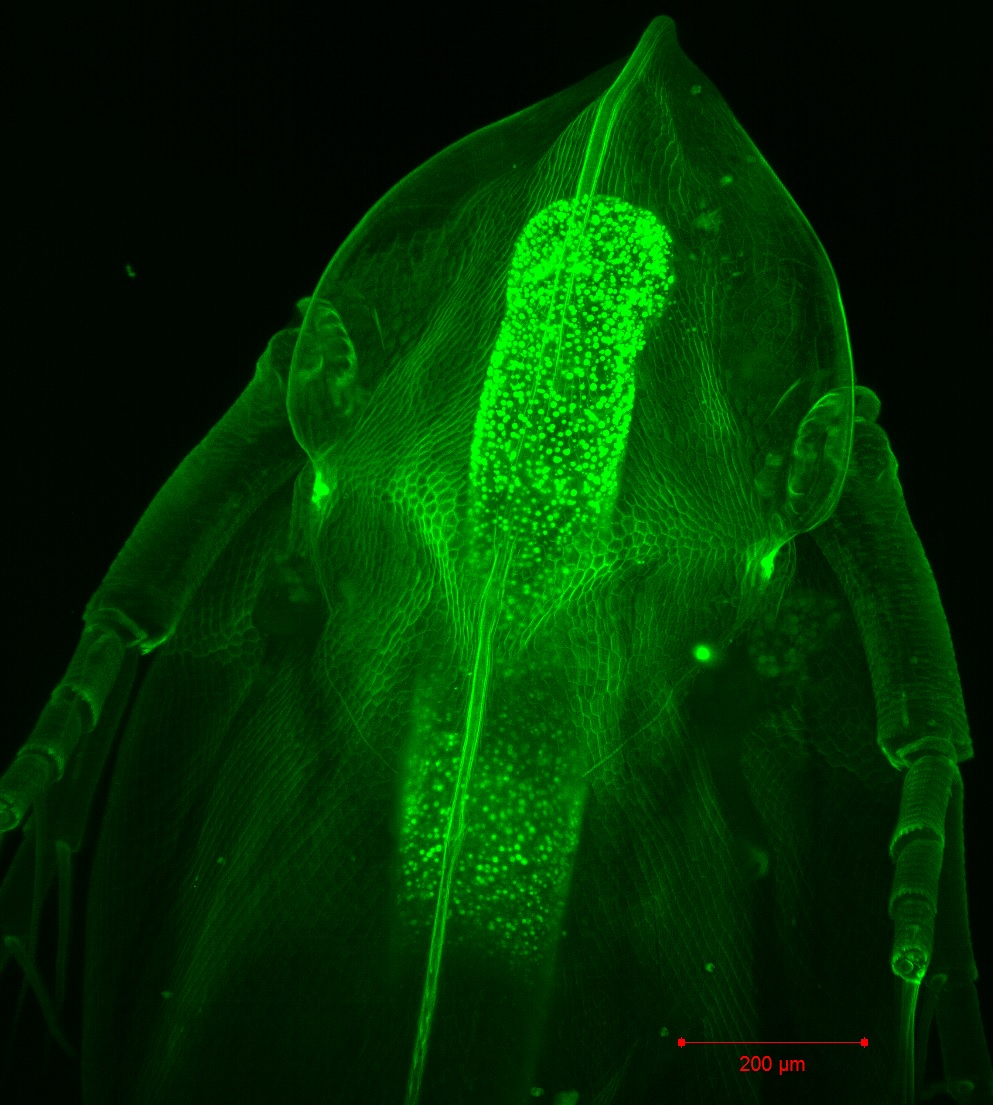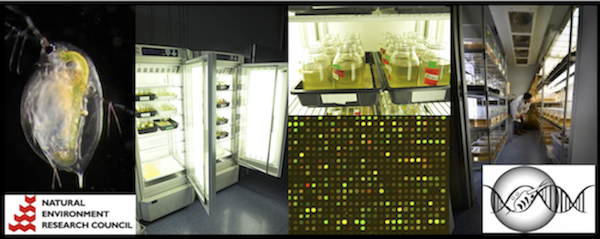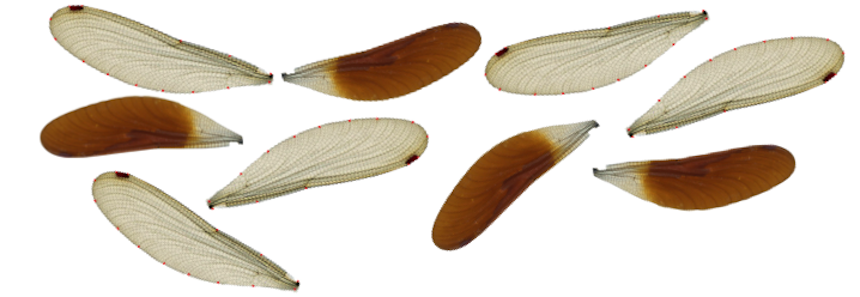
Funding of tuition fees, research costs and stipend (£14,057 tax-free, 2015-16) is competitive based on candidate CV's and performance during interview.
This year a single PhD project is available in the Plaistow lab as part of this scheme:
Parental effects and local adaptation in Daphnia pulex
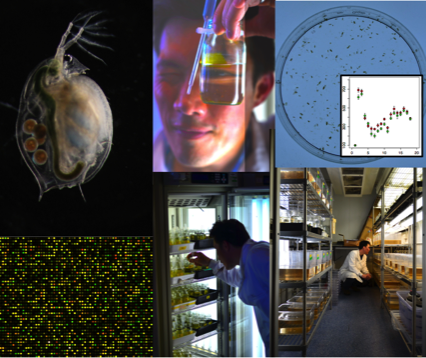
Background: Human activities are changing our planet at an unprecedented rate. Rapid adaptation can potentially help species to overcome these changes, but we don’t yet understand why some populations adapt rapidly while others do not. Genetic variation within a population may limit rates of adaptation, but offspring don’t just inherit genes from parents. Non-genetic inheritance (NGI) is the inheritance of factors other than DNA sequence that alter offspring phenotypes and may also influence rates of adaptation. Using the clonal water flea. Daphnia pulex we have recently demonstrated that pollutant exposure can generate NGI that persists across multiple generations and has ecological and evolutionary consequences. The next step is to investigate the significance of NGI in natural populations. This project will test the hypothesis that patterns of NGI are locally adapted.
Objectives: D. pulex. is clonal and has a short generation time. It is therefore the ideal system for partitioning phenotypic variation into genetic and non-genetic components. In this project you will:
(1) Identify, and sample clones from D. pulex populations with very different habitat characteristics.
(2) Conduct developmental and life-history assays in a common garden environment to test the hypothesis that NGI within populations is less variable than NGI between populations.
(3) Use field-based experimental evolution trials to test the hypothesis that patterns of NGI are locally adapted.
The multifaceted nature of this project will give the successful candidate a broad training in modern biology techniques including field skills, microscopy, image analysis techniques, genotyping, microarray, and metabolomics, experimental design and high-level statistical model fitting in R (including multivariate analysis). The candidate will be based at Liverpool’s Institute of Integrative Biology where unparalleled facilities for conducting this research are are available and there is already a vibrant ecology and evolution group.
Novelty and Timeliness: By decoupling phenotypic change from genetic change NGI may play a key role in explaining how populations rapidly adapt to a changing environment. Yet empirical evidence is rare and often ecologically irrelevant. This study will provide some of the first evidence that NGI is an important factor influencing evolution in natural populations.
Email Stew Plaistow if you are interested in applying or want to talk about any aspect of the project.
Application deadline: January 11th 2016. Applications (CV, letter of application, 2 referees) by email to biolres@liv.ac.uk . Interviews of shortlisted applicants will be 17-19th February 2016.
The project is also available to self-funded students. A fees bursary may be available.
